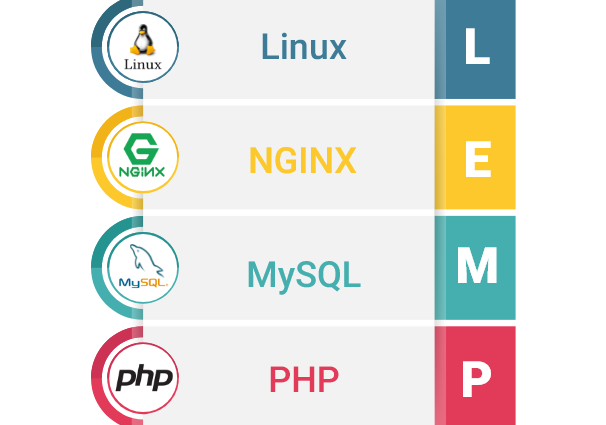This comprehensive Linux guide expects that you run the following commands as root user but if you decide to run the commands as a different user then ensure that the user has
sudoaccess and that you precede each of the privileged commands withsudo
You can use multiple versions of java on your linux system for development and different software requirements.
In this tutorial, we will guide you about switching between different versions of java using command line in Debian/Ubuntu.
Displaying Available Versions
To display the list of available versions of the java installed on your system, you can run the following command
root@codesposts:~$ update-java-alternatives --list
java-1.11.0-openjdk-amd64 1111 /usr/lib/jvm/java-1.11.0-openjdk-amd64
java-12-oracle 1091 /usr/lib/jvm/java-12-oracle
Switching Java Default Version
You can switch between different versions of java installed on your system by running the following command on your system.
root@codesposts:~$ update-alternatives --config java
There are 2 choices for the alternative java (providing /usr/bin/java).
Selection Path Priority Status
------------------------------------------------------------
0 /usr/lib/jvm/java-11-openjdk-amd64/bin/java 1111 auto mode
1 /usr/lib/jvm/java-11-openjdk-amd64/bin/java 1111 manual mode
* 2 /usr/lib/jvm/java-12-oracle/bin/java 1091 manual mode
Press <enter> to keep the current choice[*], or type selection number:2
Enter the number of the desired java version and press ENTER.
Verifying Version
You can verify the default version of Java on your system by running the following command on your system.
root@codesposts:~$ java --version
java 12.0.2 2019-07-16
Java(TM) SE Runtime Environment (build 12.0.2+10)
Java HotSpot(TM) 64-Bit Server VM (build 12.0.2+10, mixed mode, sharing)
Setting Default Version Of javac
You can follow the same steps to set the default version of javac on your system.
root@codesposts:~$ update-alternatives --config javac
There is 1 choice for the alternative javac (providing /usr/bin/javac).
Selection Path Priority Status
------------------------------------------------------------
0 /usr/lib/jvm/java-12-oracle/bin/javac 1091 auto mode
* 1 /usr/lib/jvm/java-12-oracle/bin/javac 1091 manual mode
Press <enter> to keep the current choice[*], or type selection number:Setting Environment Variables
You can run the following commands to set the environment variables for java.
root@coddesposts:~$ export JAVA_HOME=$(readlink -f /usr/bin/java | sed "s:bin/java::")
root@codesposts:~$ export JAVA_HOME=$(readlink -f /usr/bin/java | sed "s:jre/bin/java::")







